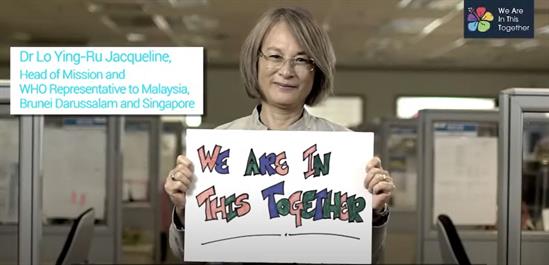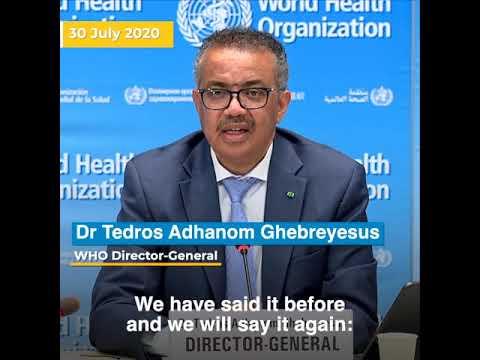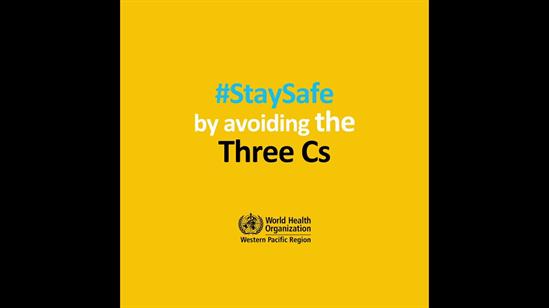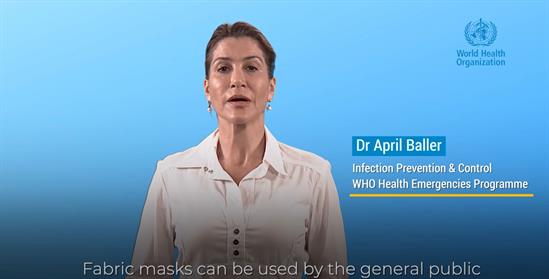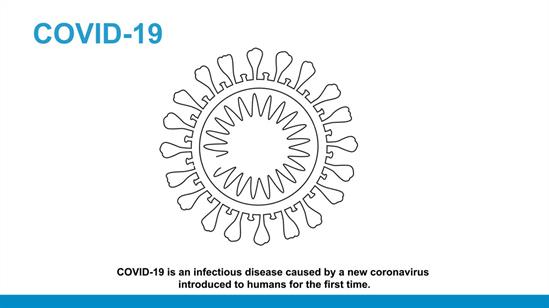
COVID-19 in Singapore
Last updated: 21 February 2021
COVID-19 is an infectious disease caused by a newly discovered strain of coronavirus; a type of virus known to cause respiratory infections in humans. This new strain was unknown before December 2019, when an outbreak of a pneumonia of unidentified cause emerged in Wuhan, China.
Singapore completed a joint external evaluation in collaboration with WHO and international experts in 2018. The aim of this exercise was to enhance core capacities to prevent and respond to public health emergencies, disease outbreaks, and other hazards including from chemical, radiation and natural disasters.
The first case of COVID-19 in Singapore was detected on 23 January 2020, making it one of the first countries outside of China to be affected.
WHO Country Office in Malaysia, Brunei Darussalam and Singapore has been working closely with the Ministry of Health to respond to this outbreak and has shared technical guidance. WHO has engaged closely with experts in Singapore to generate best practices on the surveillance, prevention and treatment of the SARS-CoV-2 virus. Singapore has implemented a whole of government, whole of society approach to contain the spread of the virus. Singapore’s healthcare system provides access to quality healthcare through high government investments in infrastructure, subsidies, financing that has resulted in high coverage of essential health services to support the COVID-19 response. The government has been vigilant and acted in accordance with WHO guidance to find, isolate, test and treat cases; and trace and quarantine their contacts, while also implementing robust border control, surveillance, communication activities and community engagement.


